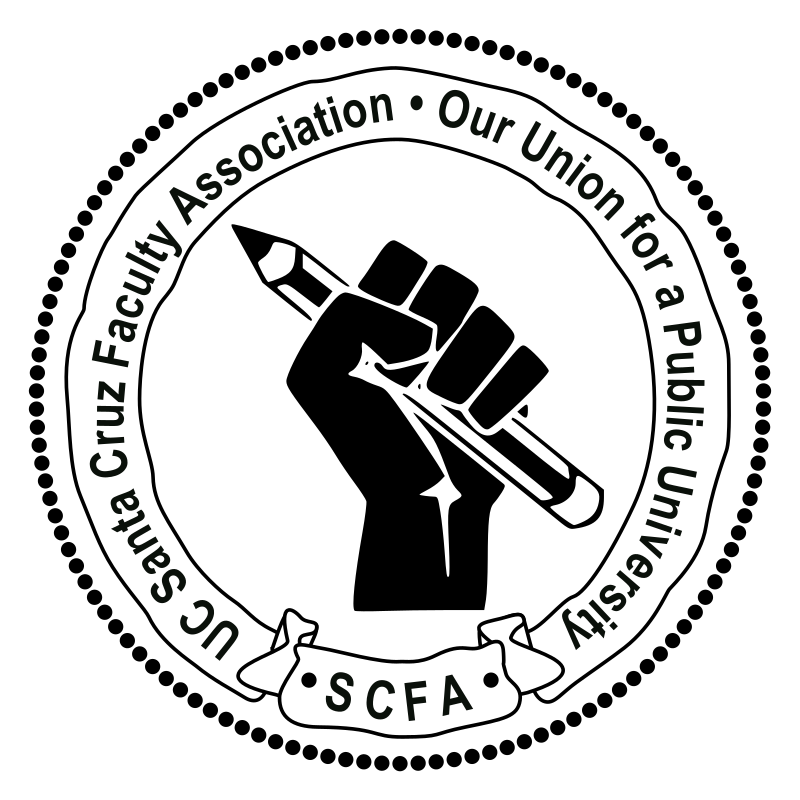Santa Cruz Sentinel on March 7, 2015
by Christopher Connery, professor of world literature and cultural studies at UC Santa Cruz
I was arrested for blocking traffic at the intersection of Highway 1 and 17. I was later tried and convicted, and spent a fairly miserable weekend in a jail cell on Front Street. It was May of 1972, in the wake of a criminal and war-mongering president’s decision to renew bombing of Hanoi, Our outrage was such that there could be no question of business as usual. We marched from campus to the intersection and blocked traffic for several hours until the police got the situation under control. I doubt it ever occurred to the administration to suspend me, or any of the other 134 students arrested that day. For our outrage was widely shared. A majority of Americans opposed the war by that time, and protests like ours, and the courage and strength of the Vietnamese people, helped bring a long bloody history to a close.
For well over a decade, the promise of the University of California—tuition-free high-quality education at a world-class research university—has been steadily eroded. The recent proposals for five years of tuition hikes promise only to further burden our state’s graduates with years of debt, and to leave many in our state with no access at all. By what logic does a state as rich as ours allow this to happen? Where’s the outrage over this needless destructive decline? Whence the seeming passivity, or the amnesia such as that evidenced in Wednesday’s Sentinel editorial, that derides as “childish” the claim that “students ‘deserve’ or have some inherent right to a free education”? Surveys show that the majority of our state’s residents support the original mission of the University of California, that they want a high quality institution accessible to all qualified students. And though there are differing views on how to pay for this, surveys also show popular support for increased taxes on the wealthiest few. Our state continues, at great expense, to fill our prisons largely with citizens of color, many convicted to lengthy sentences for non-violent crimes. And as events in Ferguson make clear, law enforcement treatment of citizens of color can produce, in the words of the Justice Department’s report released today “a highly toxic environment, defined by mistrust and resentment, stoked by years of bad feelings, and spurred by illegal and misguided practices”. I imagine few would want that environment to stand. But somehow the political means for realizing the popular will seem out of reach, and for the most part we find a grim and uneasy resignation to business as usual. What are the best tactics for cracking the glacial impassivity of the status quo? That will be an on-going discussion, and I hope it’s a lively one. But I understand and share students’ outrage. I am ashamed of the precipitous and punitive reaction of the university administration, by the calls for the students’ heads that have filled the internet. For at heart, the students are right: there should be no business as usual.
